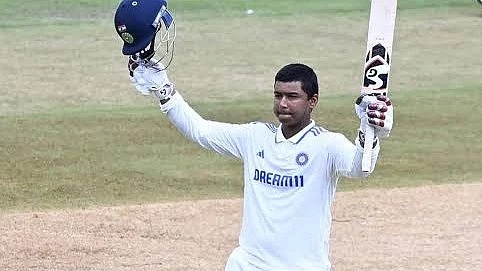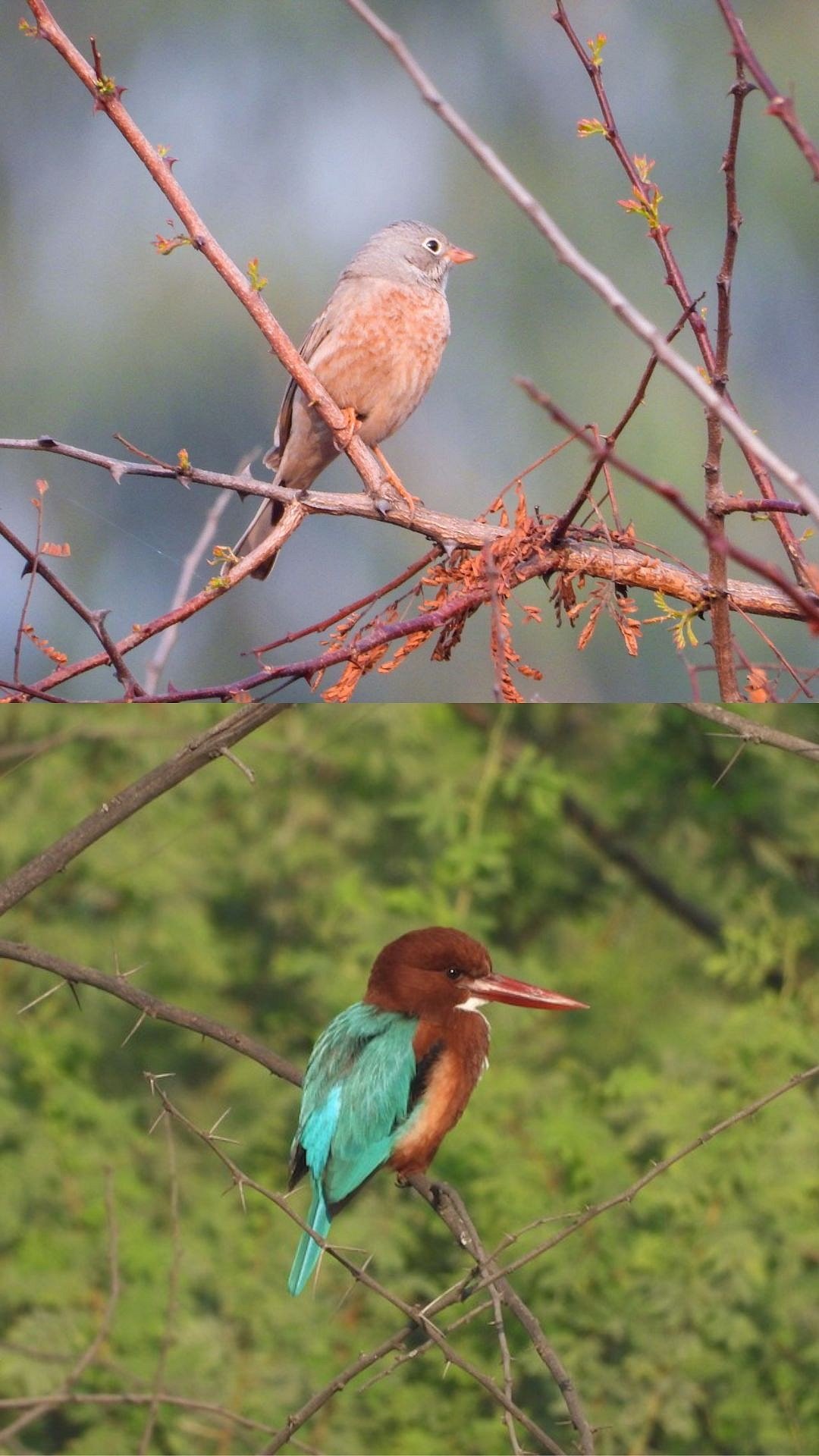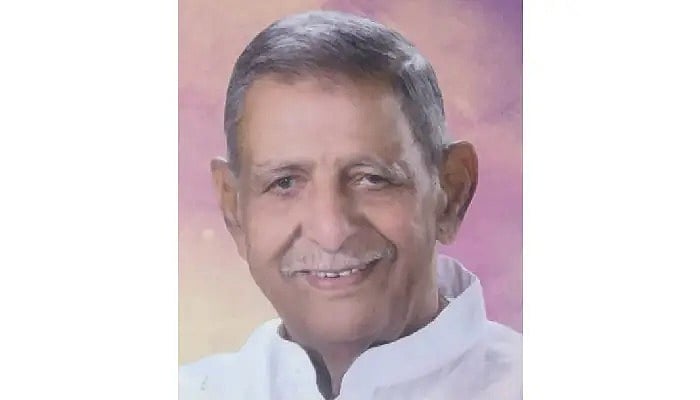The sudden surge in temperature is becoming a major concern in Pune, as it's not only humans that feel the heat - the soaring temperatures in the city have also made birds and animals restless, said the city-based aviculturists. They mentioned that the searing heat this year has resulted in a relatively higher number of dehydrated birds and animals lining up at the facilities.
“The current high temperatures are not only unbearable for humans but also pose a significant challenge for exotic birds and animals. This heat can lead to stress, dehydration, and even fatalities among these creatures. To address this issue, it's crucial for exotic bird and animal enthusiasts to take proactive measures," said Sidharath Tanaji Shedole, Aviculturist and Head of Glorious Exotica Lab.

Here's how you can help
Sidharath Tanaji Shedole added, "Providing adequate shade, ventilation, and access to fresh water at all times is essential. The birds that often make rounds in dry and hot winds. They just drop like a stone and need immediate hydration and ORS mix."
Meanwhile, in a bid to protect the animals, the state animal husbandry department has issued an advisory for the protection of livestock from heat stroke, as the effects of the increase in temperature in the environment are affecting the health of livestock as well as humans.
Large calving animals, livestock such as young calves/calves, black or dark-colored animals, animals suffering from respiratory diseases or boars, recently shorn sheep, dairy cattle, and poultry are at high risk of getting a heat stroke.
To avoid any mishap, all the regional offices have been informed to submit daily reports about livestock and poultry affected by heat stroke or heat waves in the state of Maharashtra, and the situation is being reviewed by taking the daily reports from all the districts to the Commissionerate.
Read the advisory here
The advisory reads that the Identification of livestock affected by heatstroke or heat wave outbreaks is very important. In such livestock, panting, increased breathing rate, excessive drinking of water, significant reduction in feed and water intake occur. Livestock become lethargic, drool, and their nostrils become dry; the amount of water and salts in the livestock's body (dehydration) decreases. Therefore, identifying livestock affected by heatstroke or heatwave outbreaks is extremely important.
The district administration does not want to take a chance, and it is taking a number of precautionary measures to protect the residents and the animals from the searing heat. Dr. VD Garje, District Animal Husbandry Officer, Pune, said, “So far not a single case of heat stroke has been registered in animals. We have circulated advisories mentioning that primarily the livestock should be kept in a cool place in the shade or shelter. If possible, fans should be installed, cold water should be provided for drinking, livestock should not be crowded in one place, should be kept sparsely/livestock density should be reduced. Livestock used for agricultural and other work should not be used during summer.”
Dr Sarika Funde, veterinary superintendent of PMC, said, "We have kept water bowls at different locations across the city for dogs, cats, and birds. As a result of awareness programs, most people actively keep water bowls in their balconies, which keeps the birds hydrated. The birds get dehydrated and they fall down due to extreme weather conditions but we have everything in place to beat the heat and save the lives of the birds, dogs, and cats."












